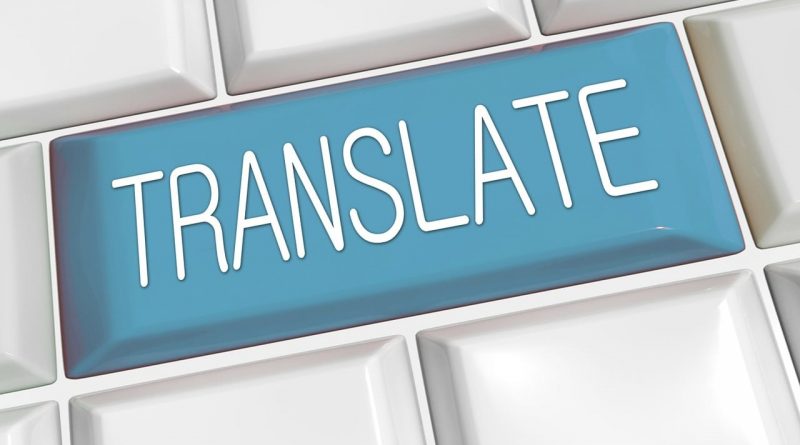How to Make a Successful Technical Translation
Technical translation is a highly specialized field that requires expertise in both the source and target language. To create accurate and effective translations, translators must be familiar with the technical terms and nuances associated with the subject matter at hand. With this in mind, it is important for those looking to make a successful technical translation to take into account a few key points.
Strategies to Ensure a High-Quality Technical Translation
When it comes to technical translation, quality is key. The quality of the source text and its corresponding translations must be maintained if the translated product is going to have a positive impact on your business. To ensure high-quality technical translations, there are some strategies you can use:
- Hire professional translators with expertise in the field of technical translation. Professional translators understand the nuances of language and have experience in accurately conveying specific terms and phrases. They also have the necessary subject-matter expertise to ensure that your translations are accurate and up to industry standards.
- Choose a reliable translation service provider who has a proven track record of delivering quality results. Check to make sure the provider is experienced in producing high-quality technical language translation and has a good reputation for accuracy and timeliness.
- Use translation memory software that stores previous translations, allowing you to access previously translated content quickly and easily. This will ensure consistency throughout all of your documents, as well as streamline the process of translation.
- Utilize quality control processes to ensure the accuracy of your translations. Quality assurance checks should include proofreading, editing, and testing of the translated text before it is published or distributed.
The Benefits of Working with Professional Translators for Technical Translations
When it comes to technical translations, working with professional translators is the key to success. Professional translators understand the importance of accuracy and can ensure that your message is conveyed accurately in any language. Here are some of the benefits of working with professional translators for technical translations:
- Quality Assurance – Professional translators have expertise in the subject matter and use advanced tools to ensure accuracy. This means that you can be sure that your technical translations are of high quality, without any errors or misinterpretations.
- Timely Deliveries – Professional translators understand the need for timely translations and work hard to meet deadlines. They also have access to specialized resources which enable them to complete the project quickly and efficiently.
- Cost Savings – Working with professional translators can often save you money in the long run as they are more efficient and accurate than a non-professional translator. Professional translators understand how to use international translation standards to ensure that your translation is of high quality and will stand up to legal scrutiny.
- Cultural Sensitivity – Professional translators are trained to understand the nuances of language and culture, which is essential when dealing with technical translations that require precise accuracy. They can help you avoid any misunderstandings or misinterpretations that could occur due to cultural differences.
Achieving Optimal Results with Your Technical Translation
When it comes to technical translation, achieving optimal results requires both a proficient translator and an effective workflow. The right translator should be able to understand the nuances of the source language and accurately translate them into the target language while using appropriate terminology. Additionally, they should have experience in your industry and knowledge of any specialized terms that may be used in the translation.
An effective workflow also plays a crucial role in obtaining optimal results. It is important to have a clear and concise plan for the translation process that outlines the task at hand, any deadlines that need to be met, and who will be responsible for each step in the workflow. Additionally, it’s important to ensure that all necessary materials are available and that you have a thorough understanding of the source language before beginning the translation.
Finally, it’s essential to establish quality controls for your technical translations. This means ensuring that any specialized terms used in the translation are accurate and that both the grammar and syntax of the translated document adhere to established standards. Additionally, it’s important to have a proofreading process in place to check for any errors that may have been overlooked during the translation process.
By following these steps and establishing an effective workflow, you can ensure that your technical translations achieve optimal results. With the right translator and a comprehensive quality control system, you can rest assured that your translations are accurate and convey the intended message.
With the right translator and a well-planned workflow, your technical translations can achieve optimal results. By having clear objectives, understanding the nuances of the source language, adhering to established standards, and incorporating quality control measures into your process, you can ensure that your translations are accurate and effectively convey the intended message.
